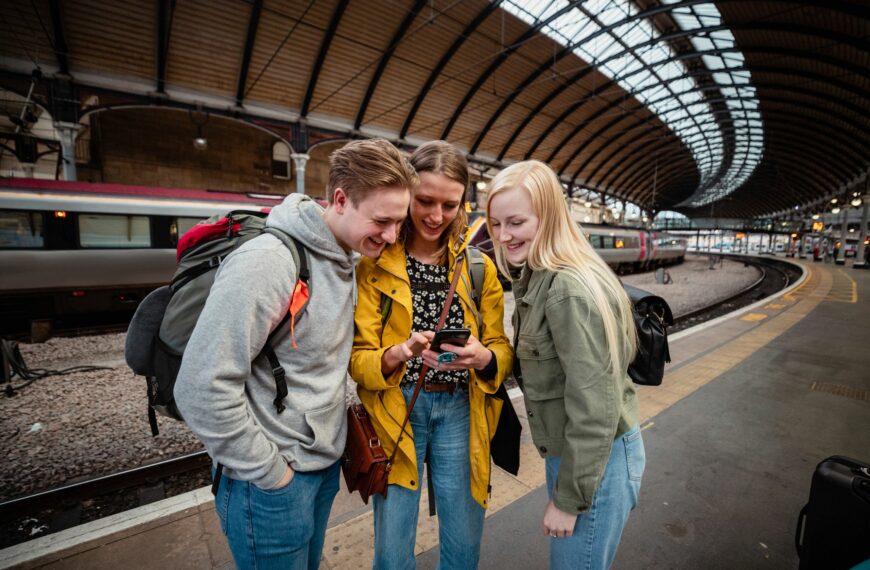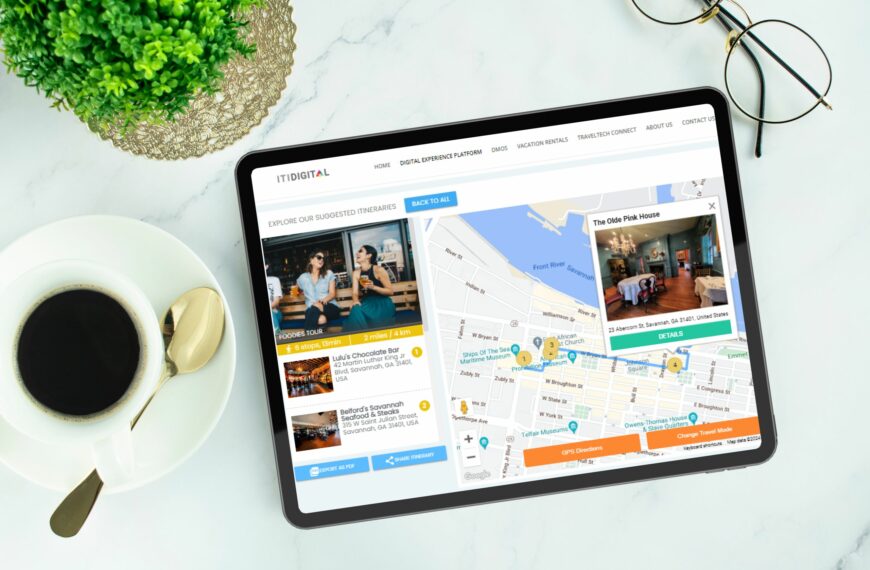Augmenting Visitor Engagement and Staff Productivity
In an era dominated by technological innovation, the tourism industry has undergone a paradigm shift. While advancements have touched multiple sectors within the industry, Artificial Intelligence (AI) stands as a cornerstone in revolutionizing visitor engagement and staff productivity. Its capabilities in automating tasks, offering personalized experiences, and mining actionable insights have proven invaluable.
AI and Enhanced Visitor Engagement
Personalization Through Data Analysis
Artificial Intelligence algorithms can analyze vast amounts of data to offer hyper-personalized experiences to tourists. Whether tailoring travel recommendations or creating personalized itineraries, Artificial Intelligence can deeply engage visitors by catering to their unique preferences.
Virtual Assistants and Chatbots
Virtual assistants like Siri or Alexa are now equipped with Artificial Intelligence capabilities that can assist tourists in real-time. These chatbots can answer queries, book reservations, and even serve as personal travel guides, thereby enriching the overall visitor experience. Platforms like ITI Digital employ such technologies to facilitate seamless interactions between visitors and service providers.
Real-time Language Translation with AI
AI-powered language translation tools are dissolving language barriers, making it easier for tourists to interact with locals and enjoy a more authentic experience. Google’s Pixel Buds offer real-time translation, making communication more accessible than ever.

Bolstering Staff Productivity and Efficiencies
Automated Social Media Management
Traditional social media management is labor-intensive, requiring dedicated personnel to curate, post, and analyze content. Artificial Intelligence algorithms can automate these tasks, freeing staff to focus on more creative or strategic initiatives. Services like Buffer utilize AI to analyze user engagement and suggest optimal posting schedules.
Operational Streamlining with AI
From inventory management to human resources, Artificial Intelligence can help streamline various operational aspects of the tourism industry. By automating repetitive tasks, AI allows staff to concentrate on delivering high-quality services. Companies such as UiPath offer automation services targeted at operational efficiencies in the hospitality sector.
AI Predictive Maintenance
Artificial Intelligence can predict when machinery or equipment is likely to fail, allowing for timely maintenance and avoiding service disruption. This is especially crucial in the tourism industry, where a small issue can significantly impact the visitor experience. Uptake offers AI-driven actionable insights for asset maintenance, minimizing downtime.
The Confluence of Visitor Engagement and Staff Efficiency
One of the most fascinating aspects of Artificial Intelligence’s role in tourism is how improvements in staff efficiency can directly translate to enhanced visitor engagement. For instance, when AI automates data collection and analysis, human employees can use these insights to offer more personalized services, thereby improving the visitor experience. The chain reaction initiated by AI creates a more effective, efficient, and enriching ecosystem within the industry.
Conclusion
AI has undeniably become an indispensable asset in shaping the future of the tourism industry. By enhancing visitor engagement and significantly improving staff productivity and operational efficiencies, AI offers a holistic approach to driving industry growth. As we progress into an increasingly AI-dependent world, the tourism industry must adapt to these changes to maintain competitiveness and meet evolving consumer expectations.






